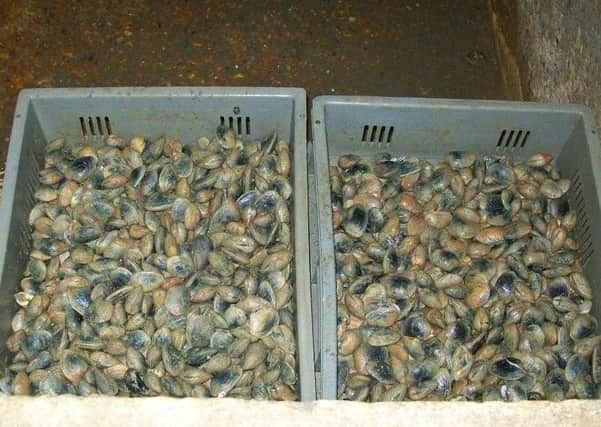Court dismisses Littlehampton shellfish harvesters’ appeal


Arun District Council has successfully defended an appeal from the pair of Hampshire men who were prosecuted to protect public health from the dangers of shellfish gathered from an unclassified beach in the district.
The council brought the original legal action in March 2012 after a lengthy multi-agency investigation resulting from a number of reports from members of the public.
Advertisement
Hide AdAdvertisement
Hide AdThe incidents took place on the beach at Littlehampton and Rustington which have not been through the rigorous checks needed before shellfish can be harvested for sale for human consumption.
Speaking about the original prosecution, Arun’s cabinet member for environmental services, councillor Paul Dendle, said: “We believe this is the first successful prosecution of its type and we hope it will deter people considering shellfish gathering from unclassified areas. Gathering shellfish from unclassified areas can put people’s health at serious risk.”
He added: “The council is committed to do all that it can to protect the public’s health and ensure that self-employed people and businesses comply with food hygiene regulations.”
Father and son Iain Janes, 52, of Portchester, and Matthew Janes, 33, of Fareham, were each found guilty of four offences under the Food Hygiene (England) Regulations 2006 on March 5, 2012.
Advertisement
Hide AdAdvertisement
Hide AdOn September, 11, the pair’s convictions were upheld by Chichester Crown Court, with a penalty of £300 per offence being imposed for each of the four offences plus an order to pay £1,200 each towards the council’s costs (totalling £2,400 each).
The court also found the defendants gave inconsistent evidence about the origin of the clams and were vague regarding the quantities being collected and sold at the time.
A spokeswoman for Arun said the case was complex and that it concluded three-and-a-half-years’ work to protect public health.
To help with legal costs, Arun was provided with financial assistance from the Food Standards Agency via its ‘fighting fund’.